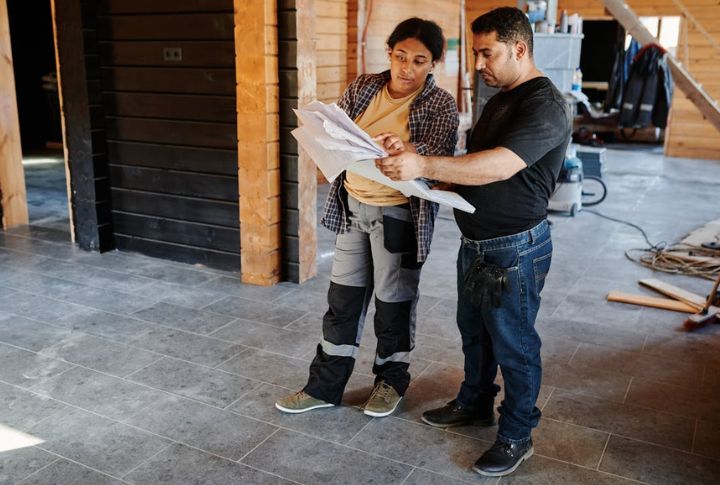
Property taxes can quietly chip away at your finances each year, and between deductions and assessments, it’s easy to feel overwhelmed. But managing them doesn’t have to be complicated. Smart homeowners are finding ways to stay informed, push back against errors, and even lower their bills. Swipe through these tips to take control of your property taxes before they control your budget.
Check Your Property Tax Assessment For Errors

Overpaying on your taxes might be happening right under your nose. Assessors sometimes rely on outdated or incorrect information, like the wrong square footage or phantom bedrooms, which can lead to inflated tax bills. Shockingly, 30% to 60% of U.S. homes are over-assessed, as per the National Taxpayers Union Foundation’s 2025 report.
Look Into Local Exemptions And Tax Relief Programs

A quick call to your tax office could mean big savings. Seniors, veterans, and primary homeowners often qualify for tax exemptions that slash annual bills. Some states even freeze tax increases with homestead caps. And yes, going green or installing storm windows can release extra perks. So, relief is out there; you just have to ask.
File A Property Tax Appeal If You Qualify

A surprisingly high tax bill isn’t the end of the story. If your home’s value seems off, you can appeal the assessment. To back your case, you can use solid proof like repair issues or lower-priced comparable properties. Many appeals cost little or nothing, and savings can top $500 annually. In some regions, 20% of appeals actually win.
Track Improvements That May Affect Taxes

That dream renovation could also trigger a higher tax assessment. Expanding your home or adding features like a garage or pool often raises your estate’s actual price. Interestingly, some areas don’t tax solar panels or finished basements unless they qualify as livable space. So, always know which changes trigger higher bills before starting work.
Understand The Mill Rate Or Tax Rate In Your Area

Taxes aren’t one-size-fits-all, and the mill rate proves it. This rate determines how much you pay per $1,000 of your home’s assessed value. Each district sets different rates based on public services and schools. Also, some towns hike it for projects, while others lower it when estate values rise. It’s all about where you live.
Pay Property Taxes On Time And Avoid Penalties

Missing the deadline on taxes can cost you big penalties, interest charges, and even the risk of foreclosure. Most cities make it easy with online portals and auto-pay options, so you can make the best out of it. Bonus tip: Some states give discounts for early payments.
Compare Your Tax Bill To Similar Homes Nearby

Feeling like your tax bill is unusually high? Homes in the same neighborhood should have similar assessments. If yours stands out, it can be an error or an unfair hike. Many counties publish tax rolls online, making comparisons easy. Just remember, new builds can impact your numbers differently than your neighbor’s.
Keep Records Of Property Tax Documents And Payments

Keep a clear record of every tax payment in case you need to dispute an error or claim deductions. Mortgage companies can slip up, causing escrow errors and unexpected fees. So, stay ahead by reviewing statements regularly. Also, some lenders reward consistent payers by removing escrow requirements altogether.
Speak To A Tax Advisor For Complex Situations

When excises get complicated, it pays to call in a pro. A qualified advisor can walk you through confusing rules if you own multiple properties or plan to appeal your tax bill. As state laws differ a lot, working with a consultant might provide benefits you didn’t know existed.
Join Local Taxpayer Advocacy Groups

By joining local homeowner associations or taxpayer advocacy groups, you gain access to valuable resources, current tax policy updates, and collective bargaining power. These groups sometimes lobby for fairer assessments and policy changes, providing you with information and support that can help reduce your property tax burdens in the long run.
